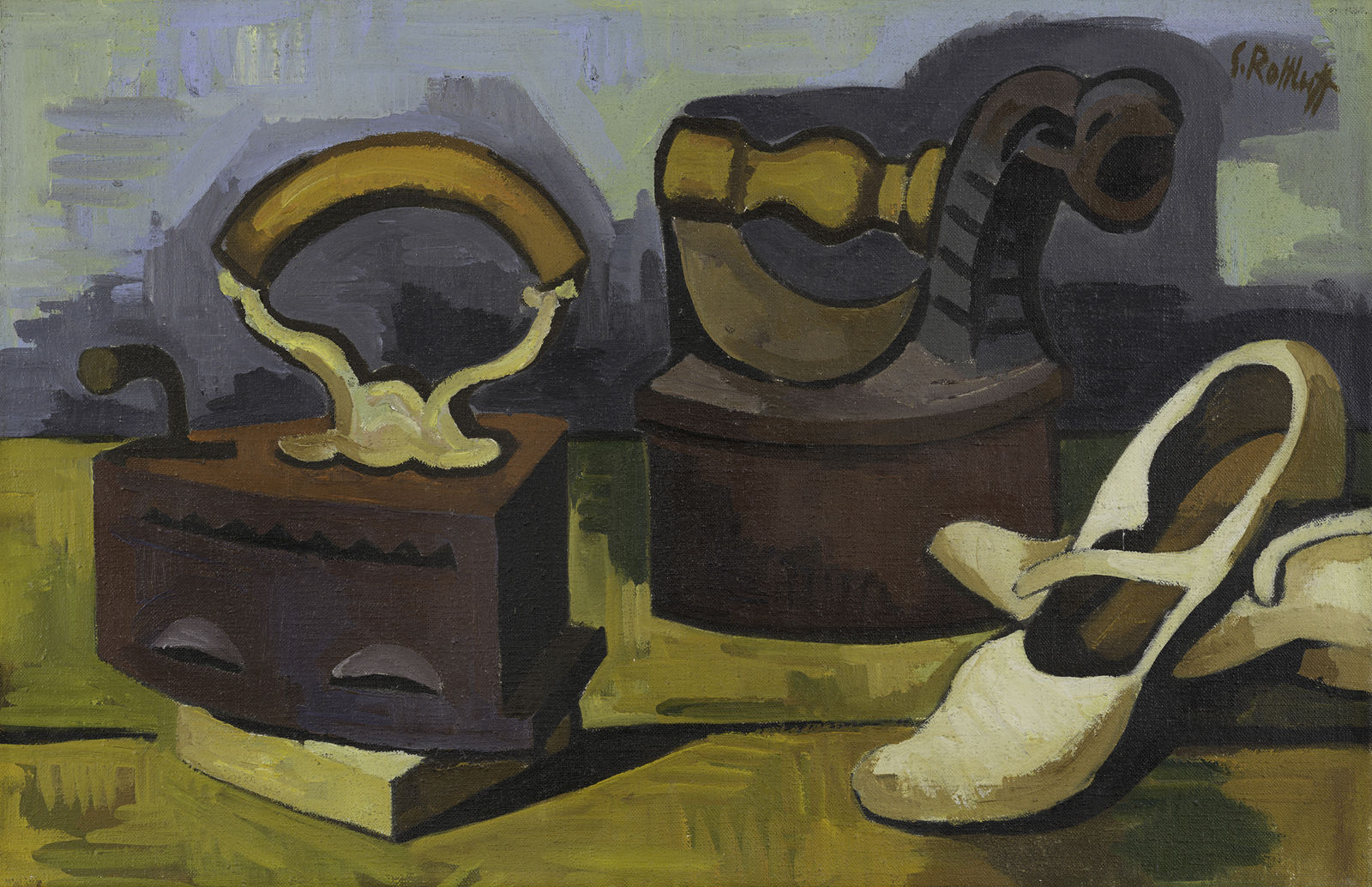Of all the motives that deeply stir people and cause them to act, there is scarcely a single one that does not have its roots in collecting. By accumulating and showcasing things of various kinds, people gain a sense of direction and live out their passion – as well as their vanity and their drive for power.
There is probably no object that is not “collected” by somebody somewhere in the world: stamps, dreams, photographs, cars, quotations, nuggets of wisdom, calendars, clever and silly sayings, newspaper clippings, birthdays, souvenir pictures, photos of holiday trips. Or there are people who accumulate objects such as pieces of furniture, valuable pictures, silver cutlery, bags, footballs, insects and items of clothing.
Of all the human motives, there is scarcely a single one that does not have its central roots in collecting. Of course, there are also pathological collecting traits: everyone knows people who collect everything, receipts, plastic bags, virtually anything they can get their hands on, and who can’t throw anything away. This is compulsive hoarding.
External incentives
People often collect things because they expect financial or material advantages or other gratifications, such as long-term existential security, a store of value due to the scarcity principle, or the increased value of the collected objects. In Protestant ethics, Max Weber explains that for many people the successful collection or accumulation of material goods was also an indicator of whether they were chosen by God. In the past, rulers would flaunt their power by owning outstanding collections of literature and art. This principle of demonstrating power (the drive for dominance) is still a strong motive for collectors. Vanity and narcissism also play a role when it comes to having the best stamps, medals, or watches and showing this to the rest of the world. They want to be admired. But collecting is often also a strongly social activity. If their best friends and acquaintances collect, they will get involved, too, and then they will be accepted by their respective communities. When collections become public, they lose their “egoistic” character and become something charitable.
However, the accumulation of things can also be a sign of fears and a compensation for them. This is especially the case with people who had experiences of scarcity in childhood, for example in the post-war period. But the need for security and control also causes many people to collect documents and evidence, for instance, so that they are not vulnerable.
Collecting can also signify an escape, especially when people cannot hold their own in the chaos of reality. In it, they find an island or a niche to which they can retreat. In extreme cases, they may become a lonely collector, so that they can preserve their uniqueness, and perhaps reap admiration too, but also so that can also blank out all the other realities of life at the same time.
Intrinsic motives
However, the passion for collecting can also arise without any external incentives. Curiosity and a thirst for knowledge are the central intrinsic motives here. These collectors are usually only satisfied when they have collected all the “pieces of the picture”.
Systematic and unsystematic collecting
Systematic collectors collect very selectively. Their great goal is to create order. For them, less can be more. Above all else, they want to go into depth and gain knowledge. Scientific collecting or work is part of this. Unsystematic collectors, on the other hand, collect according to the motto “the more the better”, even if they stay within a certain dimension or object area. They are not able or motivated to categorise or abstract.
About the author
Dieter Frey is professor of social and economic psychology at the University of Munich, director of the LMU Center for Leadership & People Management, academic director of the Bavarian Elite-Academy and a member of the Bavarian Academy of Sciences and Humanities.







